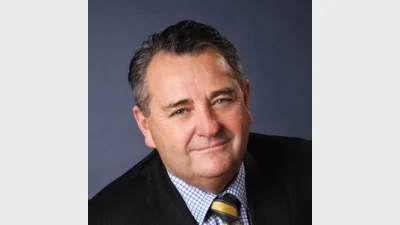Call for appropriate aligned and non-aligned definitions



There needs to be greater transparency for consumers with respect to whether the advice they are receiving from financial planners is either aligned or non-aligned, according to specialist financial planning business broker Paul Tynan.
Tynan argues that it should be the case that 'aligned advice’ “is where the adviser is in a salaried position and licensed via a bank, industry fund etc. There is a restriction of ownership of client and buyer of last resort (BOLR) terms in place”.
He said that, by comparison, 'non-aligned advice’ “is where the adviser is a self-employed business owner and there is no restriction with respect to client ownership, and if the adviser wishes to leave a licensee the clients are clearly transferable”.
Tynan argues that much of the heat in the debate around the Future of Financial Advice (FOFA) changes has been owed to a failure to appropriately identify and distinguish the competing interests in the financial planning industry.
“In my opinion, it’s not Government that’s the cause of the problems and complaints that have been directed towards FOFA but the overabundance of self-interest groups lobbying intensely to ensure that the interests of their particular sector, company or association are met - even if above those of the industry or consumer.
“In the end, there’s no point pointing the finger of blame at Government and the legislators when the other fingers on the accusing hand are pointing directly back at the real cause and root of all the problems - the industry itself,” he said.
Recommended for you
The ongoing adviser shortage is a key driver behind advisers’ increased use of ETFs and managed accounts, according to an industry expert, fuelled by the need for cost and efficiency savings.
A business consultant believes there is a proven correlation between advice businesses that develop and commit to a clear business plan and those that see higher profit outcomes, but only when done correctly.
Advice technology solution intelliflo has launched an integration with fintech firm FAYBL to introduce AI capabilities across the intelliflo office offering to boost efficiency.
ASIC’s court case with Interprac is causing advisers to explore the possibility of self-licensing, according to My Dealer Services, as they observe the reputational damage it can bring to a practice.










